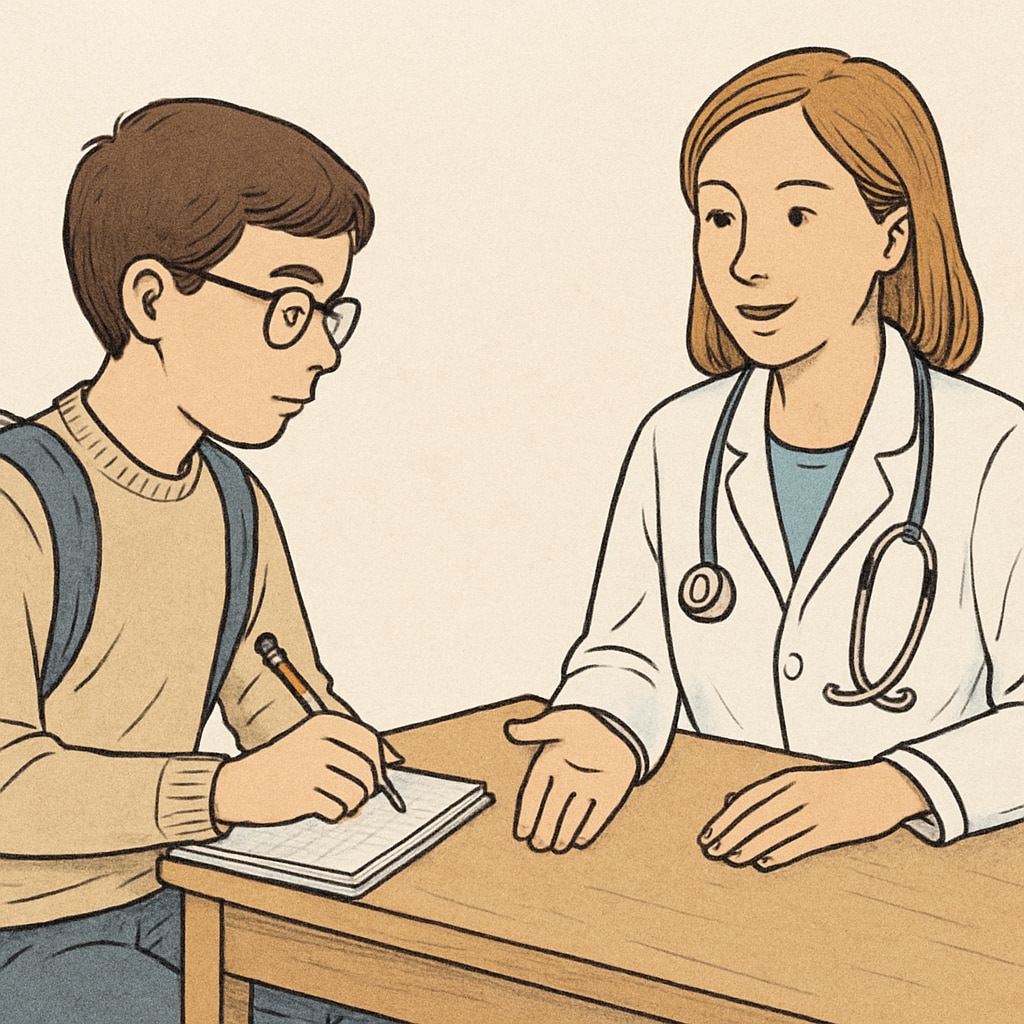Medical career interviews are a powerful tool to inspire and guide K12 students interested in healthcare professions. They provide firsthand insights into the realities of the healthcare industry, aiding students in their early career planning. By adopting a structured approach to these interviews, educators and mentors can help students develop an actionable roadmap for their future in medicine. In this article, we will explore how to design high-quality interview questions and transform insights into practical career development strategies.
Why Are Medical Career Interviews Important for K12 Students?
For K12 students, especially those with an interest in science or healthcare, understanding what it means to work in the medical field can be challenging. Textbooks and classroom discussions often fail to capture the human and professional dimensions of the profession. Career interviews bridge this gap by offering students an opportunity to hear directly from experienced doctors, nurses, or other healthcare professionals.
These interviews can:
- Provide a realistic understanding of the day-to-day responsibilities in different medical roles.
- Highlight the skills, education, and personal qualities needed for success in healthcare.
- Motivate students by connecting their academic interests to real-world applications.
- Help students identify potential career pathways within the vast field of medicine.

Designing Effective Questions for Medical Career Interviews
Creating a meaningful and engaging interview requires thoughtful planning. The questions should provide insight into the profession while remaining accessible to younger students. Here are some key principles to keep in mind:
1. Start with General Questions
Begin with open-ended questions to understand the professional’s background and journey. For example:
- “What inspired you to choose a career in medicine?”
- “Can you describe your typical day at work?”
These questions help set the stage and give students a broad understanding of the professional’s role.
2. Dive Deeper into Specifics
Once the conversation is flowing, focus on more detailed topics:
- “What are the biggest challenges you face in your profession?”
- “How do you balance work-life responsibilities in such a demanding career?”
- “What qualities or skills are most critical in your field?”
These questions help students grasp the complexities of the profession, such as emotional resilience, teamwork, and critical thinking.
3. Address Education and Career Pathways
Students often struggle with understanding the education and training process for healthcare careers. Questions like these can provide clarity:
- “What kind of training or degrees were required for your role?”
- “Are there alternative routes to enter the healthcare industry?”
- “What advice would you give to someone considering a career in medicine?”

Turning Interview Insights into Career Guidance
After conducting interviews, the next step is to reflect on the insights gained and turn them into actionable steps for students. Here’s how:
1. Summarize Key Takeaways
Encourage students to summarize what they learned during the interview. What stood out? Which aspects of the job excite or concern them? This reflection helps students synthesize the information and connect it to their own interests and goals.
2. Map Out a Potential Career Path
Based on the interview, students can create a draft roadmap for pursuing a career in medicine. This can include short-term goals (e.g., taking advanced science classes) and long-term objectives (e.g., researching medical schools or internships).
3. Encourage Further Exploration
Interviews are just the beginning. Encourage students to explore additional resources, such as job shadowing, volunteering at hospitals, or attending healthcare career fairs. These experiences will deepen their understanding and commitment to pursuing a medical career.
Conclusion: Empowering Future Healthcare Professionals
Medical career interviews are an invaluable resource for K12 students. They provide a window into the realities of working in healthcare, inspire students to pursue their passions, and equip them with practical knowledge for their career journey. By designing thoughtful interviews and guiding students through the reflection process, educators can play a pivotal role in shaping the next generation of healthcare professionals.
For more information on medical career pathways, you can explore resources like Medicine on Britannica or Health Professions on Wikipedia.
Readability guidance: Use short paragraphs and lists to summarize key points. Include transitional words to guide the reader, and keep content engaging and accessible for younger audiences.


